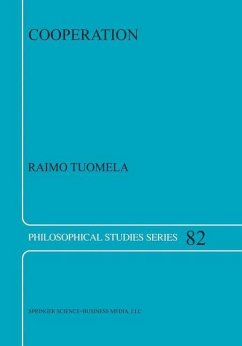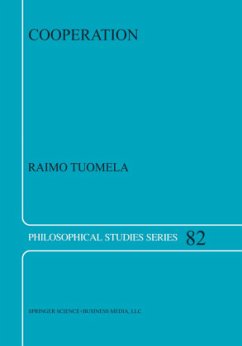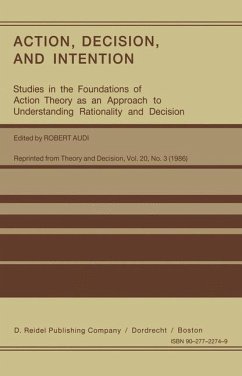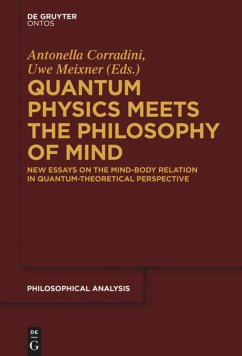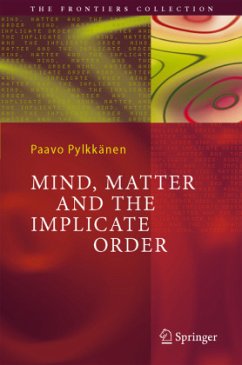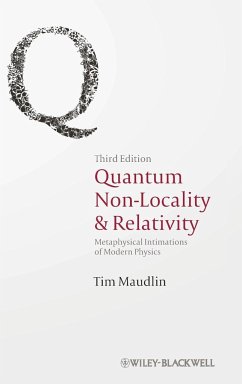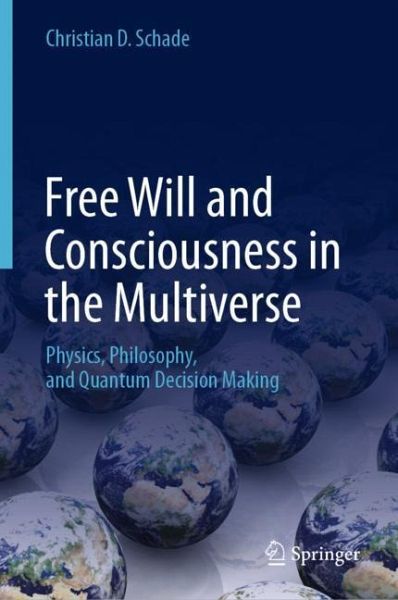
Free Will and Consciousness in the Multiverse
Physics, Philosophy, and Quantum Decision Making

PAYBACK Punkte
49 °P sammeln!
It is hard to interpret quantum mechanics. The most surprising, but also most parsimonious, interpretation is the many-worlds, or quantum-multiverse interpretation, implying a permanent coexistence of parallel realities. Could this perhaps be the appropriate interpretation of quantum mechanics? This book collects evidence for this interpretation, both from physics and from other fields, and proposes a subjectivist version of it, the clustered-minds multiverse. The author explores its implications through the lens of decision making and derives consequences for free will and consciousness. For ...
It is hard to interpret quantum mechanics. The most surprising, but also most parsimonious, interpretation is the many-worlds, or quantum-multiverse interpretation, implying a permanent coexistence of parallel realities. Could this perhaps be the appropriate interpretation of quantum mechanics? This book collects evidence for this interpretation, both from physics and from other fields, and proposes a subjectivist version of it, the clustered-minds multiverse. The author explores its implications through the lens of decision making and derives consequences for free will and consciousness. For example, free will can be implemented in the form of vectorial choices, as introduced in the book. He furthermore derives consequences for research in the social sciences, especially in psychology and economics.





